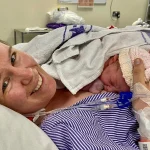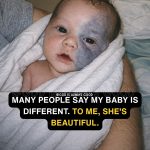In 1997, Ashley Judd refused Harvey Weinstein’s advances in a hotel room.
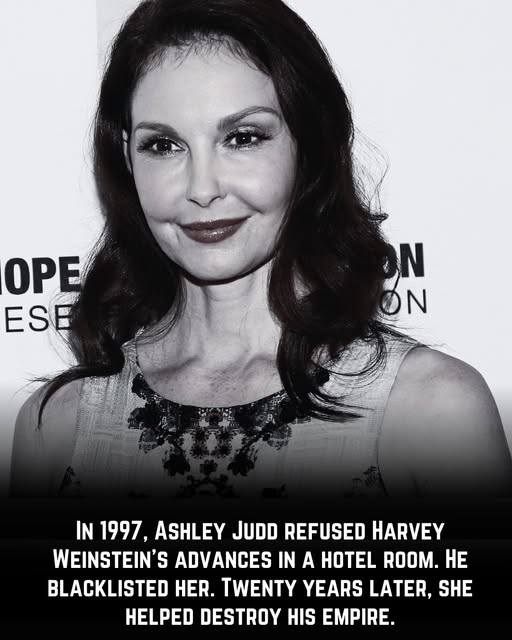
In 1997, Ashley Judd refused Harvey Weinstein’s advances in a hotel room.
He blacklisted her. Twenty years later, she helped destroy his empire.
Ashley Judd was 29 in 1997, a rising star with talent, beauty, and a career accelerating toward A-list. She’d done Ruby in Paradise, Heat, and was about to star in Kiss the Girls—a thriller produced by Miramax, Harvey Weinstein’s studio.

Weinstein requested a “business meeting” at the Peninsula Hotel in Beverly Hills. Industry meetings in hotel suites weren’t unusual—offices were busy, hotels offered privacy. Judd went.
Weinstein answered the door in a bathrobe.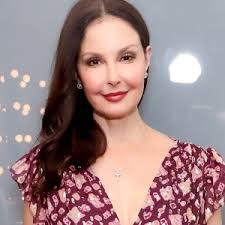

He asked if he could give her a massage. When she declined, he asked if she’d watch him shower.
Judd refused. She made excuses, left as quickly as possible without angering him—the calculation every woman makes when a powerful man crosses lines.
She told her family. She told colleagues. But she didn’t report it publicly. Because in 1997, reporting Harvey Weinstein meant ending your career.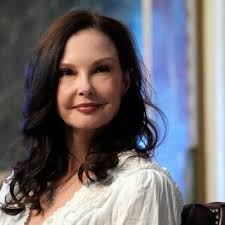

Weinstein controlled Miramax, one of Hollywood’s most powerful studios. He decided which films got made, which actors got roles, which careers thrived or died.
Rejecting him meant consequences.
Ashley Judd’s career didn’t end immediately. She continued working: Double Jeopardy (1999) was a hit, Where the Heart Is (2000) was successful.
But the major roles—the ones that make actors into legends—stopped coming. She’d be considered for parts, then mysteriously dropped. Casting directors would express interest, then go silent.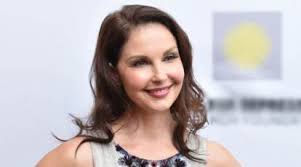

She didn’t know why. She was talented, professional, marketable. But opportunities evaporated.
Years later, the reason became clear.
In December 2017, director Peter Jackson gave an interview revealing that in the late 1990s, when casting The Lord of the Rings, Miramax (the studio initially involved) told him Ashley Judd and Mira Sorvino were “nightmares to work with.”









